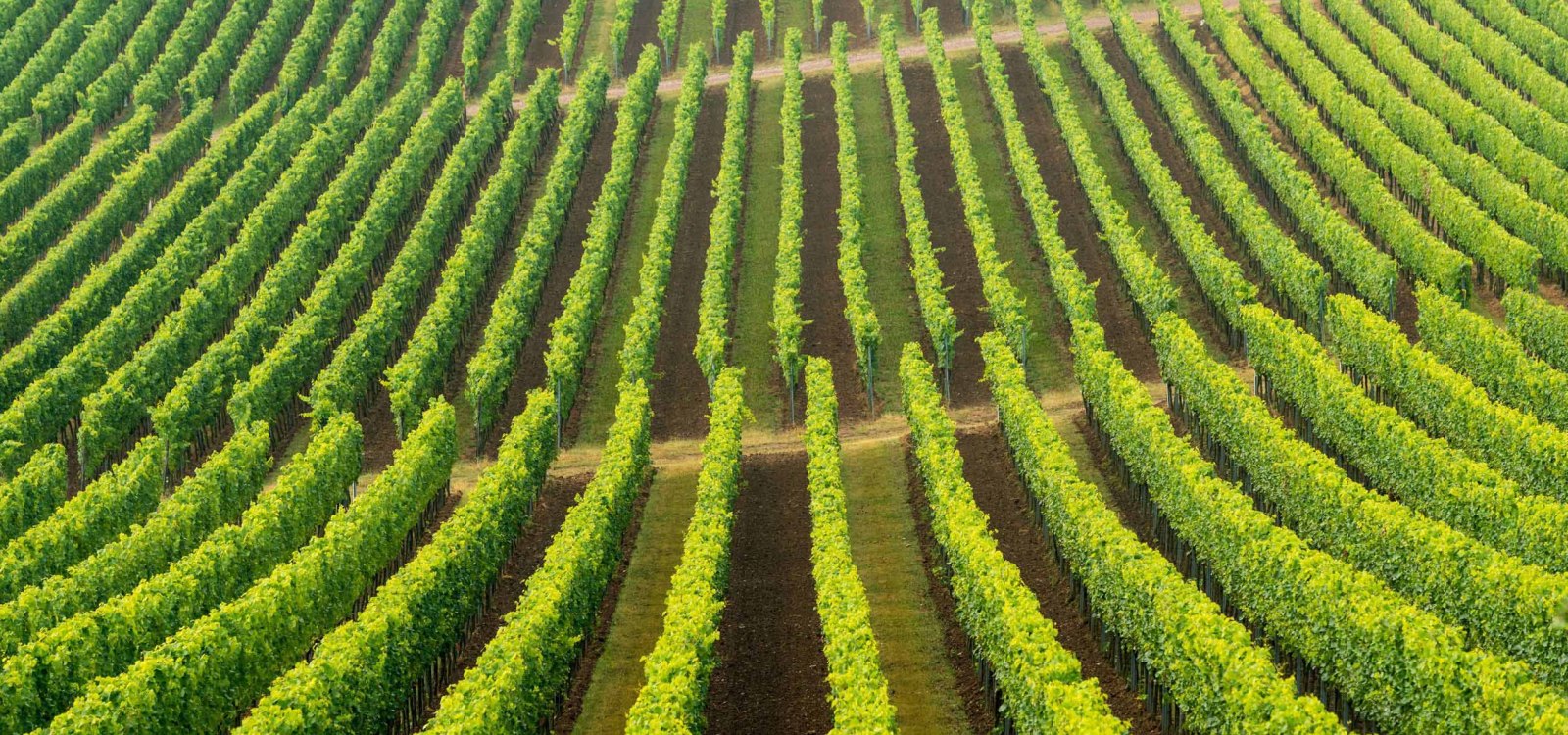Mauchenheimer Sioner Klosterberg
Unconventional nuns and lime algae grip
Historical sources reveal that the prioress of Sion Abbey in 1297 was "incompetent" and "impudent" (or simply unusually self-confident in the face of male rule). The Cistercian nunnery was founded shortly before 1247 by Truchsess Werner von Alzey. The convent burned down during the Napoleonic Revolutionary War and stones were used to build houses in Mauchenheim. The name of the vineyard site and a newly rebuilt wall with a bronze plaque still commemorate the monastery today. Various grape varieties thrive on the limestone and marl, from Silvaner to Morio-Muskat and Dornfelder.
> More interesting facts about the history of the former monastery: https://www.klosterlexikon-rlp.de/rheinhessen/mauchenheim-kloster-sion.html
> A document from Werner, Truchsess in Alzey "Alceia": https://www.deutsche-digitale-bibliothek.de/item/PPIR6HPXAK4A7OFMW2QVPYFLNFCKD52Q
> Discover various hiking tours around and near the Sion monastery ruins (Kneipp facility may be open) https://www.komoot.de/discover/Klosterruine_Sion/@49.7107160,8.0245050/tours?max_distance=30000&sport=hike&map=true&startLocation=&toursThroughHighlight=654768&focusedTour=2324592
> A Roman palace villa once stood in Mauchenheim. https://www.rheinhessen.de/digitale-visualisierung-und-reale-sichtbarmachung-des-grundrisses-der-roemischen-palastvilla-mauchenheim









